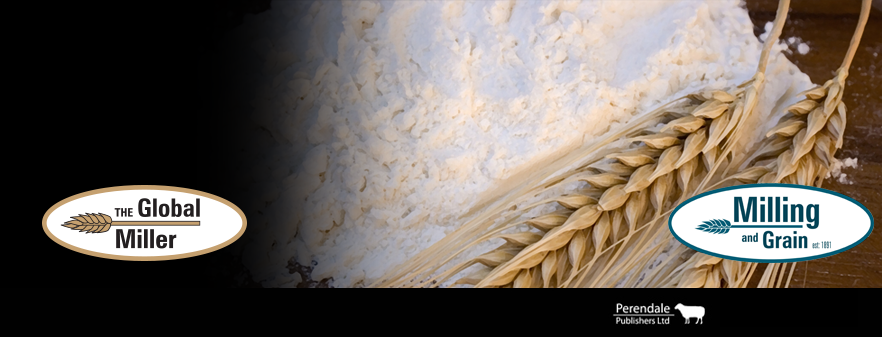by
Dr. Pietro Iannetta, Agroecologist
I do not usually start articles with personal notes. However, I do like breaking from the constraints of protocol
I do this as I think it may be worthwhile to share what directs and motivates scientists such as I, those who study agricultural ecology which is to examine the relationships between the exploitation of natural (and unnatural) resources for food.
For example, this week I have listened to Sir David Attenborough’s Scars of Evolution (BBC, Radio 4), a fascinating exploration of two conflicting theories of human evolution as being from either that of aquatic ape, as opposed to the earlier savanna based theory.
Until recently, the savanna hypothesis had largely been accepted with significant ramifications upon the relative importance Western society places on meat as protein source, as opposed to that obtained from the marine food chain.
Yet, the evidence now seems irrefutable that evolution of the humans, or more correctly their defining feature, their brain, was dependent upon essential fatty acids and nutrients that can only be sourced in the marine food chain.
And evidence from modern day nutrition studies show that the same essential fatty acids and nutrients still help maintain good human brain function. Yet, just this week a friend, seemingly intelligent argued that “we have evolved to eat meat, not vegetables”.
In response, I shared my opinion on his version of reality (results not shown here), and I share this short conversation as just one personal and recent example which highlights the societal challenge: the cultural stereotyping of diet reinforced my popular dogma.
So, we face global food systems which have become preoccupied with intensive meat production, and its associated nutrient use inefficiencies and devastating negative environmental impacts.
This preoccupation is underpinned by our dependency on man-made inorganic nitrogenous fertiliser which is exploited to cultivate the feed-crops for intensive meat production (See ‘Livestock’s Long Shadow,’ 2006).
The polarisation of our food production systems seems inextricably linked to the polarisation of diets with additional negative impacts on well-being and the associated costs of impaired health.
This cascade of dependencies, upon meat production plus the nitrogen fertiliser and the non-renewable energy (fossil fuels) required to manufacture that fertiliser, is not sustainable, or sensible.
Even if it were possible to manufacture nitrogen fertiliser from renewable energy sources, say wind power, this would still not encourage natural chemical cycling in-field.
Read the full article HERE.
I do not usually start articles with personal notes. However, I do like breaking from the constraints of protocol
I do this as I think it may be worthwhile to share what directs and motivates scientists such as I, those who study agricultural ecology which is to examine the relationships between the exploitation of natural (and unnatural) resources for food.
For example, this week I have listened to Sir David Attenborough’s Scars of Evolution (BBC, Radio 4), a fascinating exploration of two conflicting theories of human evolution as being from either that of aquatic ape, as opposed to the earlier savanna based theory.
Until recently, the savanna hypothesis had largely been accepted with significant ramifications upon the relative importance Western society places on meat as protein source, as opposed to that obtained from the marine food chain.
Yet, the evidence now seems irrefutable that evolution of the humans, or more correctly their defining feature, their brain, was dependent upon essential fatty acids and nutrients that can only be sourced in the marine food chain.
And evidence from modern day nutrition studies show that the same essential fatty acids and nutrients still help maintain good human brain function. Yet, just this week a friend, seemingly intelligent argued that “we have evolved to eat meat, not vegetables”.
In response, I shared my opinion on his version of reality (results not shown here), and I share this short conversation as just one personal and recent example which highlights the societal challenge: the cultural stereotyping of diet reinforced my popular dogma.
So, we face global food systems which have become preoccupied with intensive meat production, and its associated nutrient use inefficiencies and devastating negative environmental impacts.
This preoccupation is underpinned by our dependency on man-made inorganic nitrogenous fertiliser which is exploited to cultivate the feed-crops for intensive meat production (See ‘Livestock’s Long Shadow,’ 2006).
The polarisation of our food production systems seems inextricably linked to the polarisation of diets with additional negative impacts on well-being and the associated costs of impaired health.
This cascade of dependencies, upon meat production plus the nitrogen fertiliser and the non-renewable energy (fossil fuels) required to manufacture that fertiliser, is not sustainable, or sensible.
Even if it were possible to manufacture nitrogen fertiliser from renewable energy sources, say wind power, this would still not encourage natural chemical cycling in-field.
Read the full article HERE.
The Global Miller
This blog is maintained by The Global Miller staff and is supported by the magazine Milling and Grain
which is published by Perendale Publishers Limited.
For additional daily news from milling around the world: global-milling.com



No comments:
Post a Comment